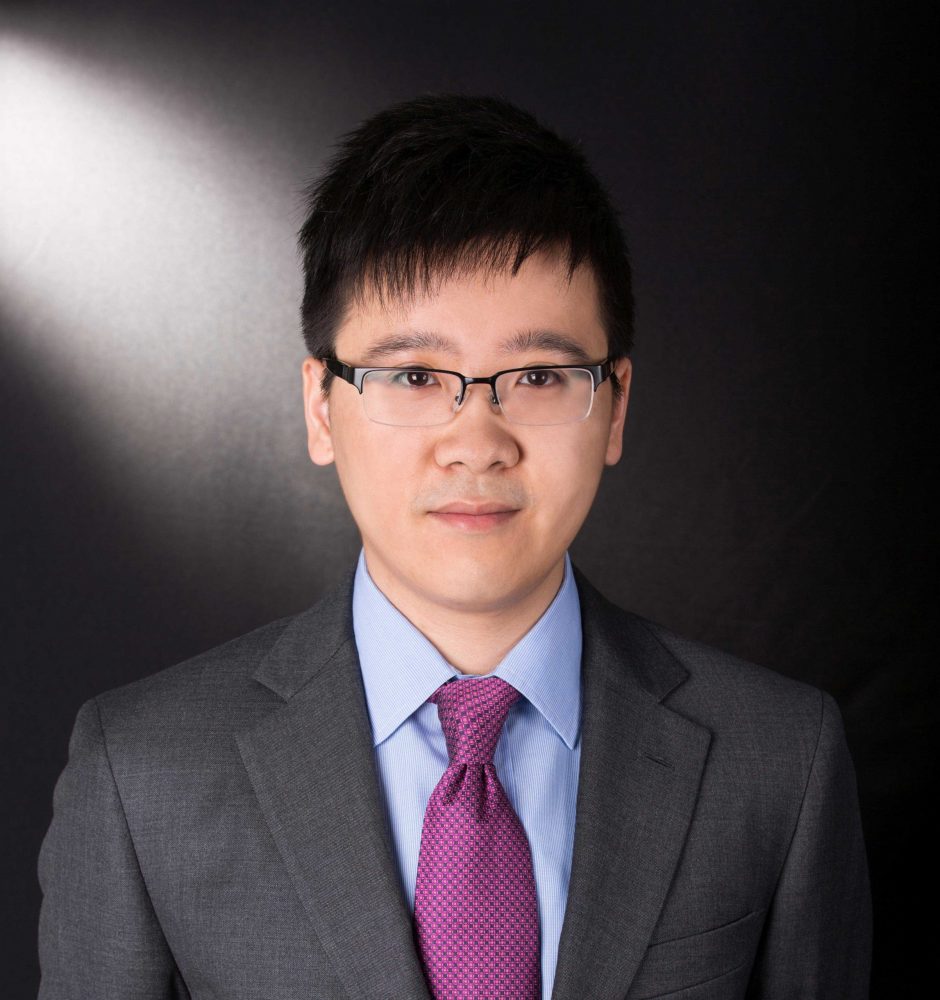We introduce a learning model in which the decision maker does not know how recommendations are generated, called the contraction rule. We present behavioral postulates that characterize it. The contraction rule can be uniquely identified and reveals how the decision maker interprets and how much she trusts the recommendation. In a dynamic stationary setting, we show that the contraction rule is not dominated by completely following recommendations and is incompatible with a property called compliance with balanced recommendations. Following this negative result, we demonstrate that the contraction rule may generate and reinforce recency bias and disagreement.

3917 1010
KK 924
- Ph.D., M.A., Princeton University
- B.Econ., The University of Hong Kong
Professor Chen Zhao earned his Bachelor’s degree in Economics from the University of Hong Kong in 2012. After obtaining his Ph.D. in Economics from Princeton University, Chen returned to his alma mater in 2017 as a faculty member.
Chen is a decision theorist whose research interests revolve around non-Bayesian learning. One strand of his research investigates how agents learn from general information that could be qualitative in nature, recommendations from a menu, or propositions contradictory to prior beliefs. Another strand models the heuristics agents use to learn from standard information and applies these heuristics to economic settings.
Chen also works extensively on non-expected utility and bounded rationality models. One of his papers provides an axiomatic foundation for finite piecewise linear utility, which encompasses a large class of models under uncertainty.
Chen is among the first in decision theory to study AI-related issues. In one paper, Chen and his coauthor examine how agents learn from recommendations by a black-box AI and show that the lack of transparency may reinforce belief divergence. In another project, Chen and coauthors model utility as a neural network and show that the model predicts out-of-sample choices better than classical expected and non-expected utility models.
- Microeconomic Theory
- Decision Theory
- Behavioral Economics
- “Logit neural-network utility,” (with Sung-lin Hsieh, Shaowei Ke, and Zhaoran Wang), Journal of Economic Behavior & Organization, 2025, 236, 107054.
- “Logic-based updating,” (with Jinling Ma), Journal of Economic Theory, 2024, 221, 105901.
- “Learning from a black box,” (with Shaowei Ke and Brian Wu), Journal of Economic Theory, 2024, 221, 105886.
- “From local utility to neural networks,” (with Shaowei Ke), Journal of Mathematical Economics, 2024, 113, 103003.
- “Cheap talk with prior-biased inferences,” (with Wooyoung Lim and Yong-Ju Lee), Games and Economic Behavior, 2023, 138, 254-280.
- “Pseudo-Bayesian updating,” Theoretical Economics, 2022, 17(1), 253-289.
We build on AGM belief revision (Alchourrón et al. (1985)) and propose a class of updating rules called pragmatic rules. Pragmatic updating applies to multiple priors and requires that the agent's posteriors be the subset of her priors under which the realized event occurs with probability 1, if such priors exist. We construct a propositional language based on qualitative probability and demonstrate the strong relation between belief updating rules and belief revision rules in this language. We show that an updating rule is consistent with AGM belief revision if and only if it is pragmatic. While maximum likelihood updating is pragmatic in general, full-Bayesian updating is not. We characterize maximum likelihood updating within the AGM framework, and show that full-Bayesian updating can be obtained by dropping one of AGM's postulates.





